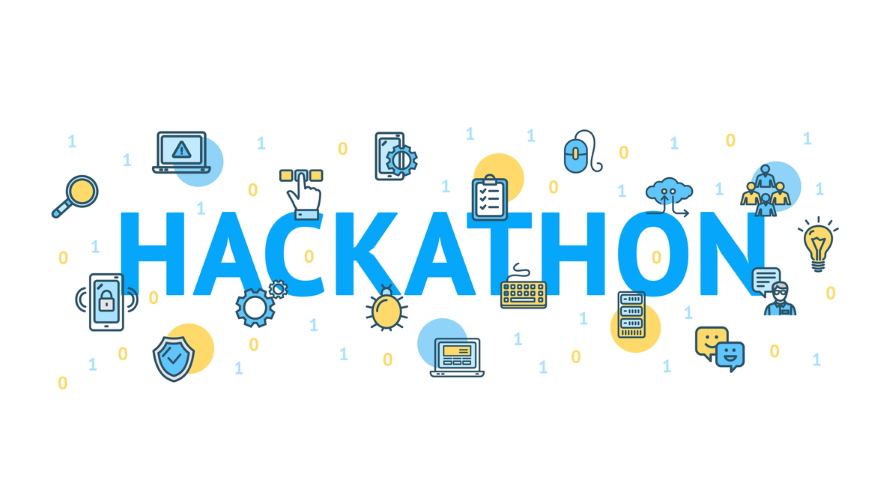Hackathon: Leveraging civic tech solutions to address Nigeria’s electoral challenges
This year, the world creativity and innovation week kicked off on 15th April to eventually climax the World Creativity and Innovation Day 2022, with theme “Collaboration” to promote collaborative effort to promote creativity and innovation in problem-solving, especially in the context of economic, social and sustainable development. One of such creativity in this era of […]

This year, the world creativity and innovation week kicked off on 15th April to eventually climax the World Creativity and Innovation Day 2022, with theme “Collaboration” to promote collaborative effort to promote creativity and innovation in problem-solving, especially in the context of economic, social and sustainable development.
One of such creativity in this era of new media is the deployment of modern technology to promote peaceful and inclusive societies for sustainable development, provide access to justice for all, and build effective, accountable, and inclusive institutions at all levels.
- Shooting range: Residents flee as army bullets hit homes in Ibadan
- N3.2bn looted funds recovered in 14 months – FG
Increasingly, technological innovation and creativity are providing a new impetus for not just economic growth and job creation but solution to critical institutions of democracy. Recent elections have increasingly revealed the need to explore more civic technological solutions to address Nigeria’s electoral challenges, especially around voter apathy and voter merchandising.
Thus, there is need to explore the possibility of expanding technological opportunities for election stakeholders including the Independent National Electoral Commission, Nigerian security agencies and various categories of voters like women, youth and people with disability.
In the context of democracy, civic technology provides avenue to deploy critical digital tools that make it easier for citizens to organise and mobilise on matters of governance, and also to engage with those in power. Thus, there is no doubt that, if effectively deployed, innovative technologies will go a long way in serving as a succour to strengthen democratic processes and promote inclusive decision-making.
Thus, it is not necessarily novel to see civil society organisations (CSOs) supporting Hackathon projects to harvest social innovative solution mainly from young Nigerians in an attempt to solve one governance challenge or the other. Hackathon in recent times has brought together young social innovators and developers to develop and share ideas, build skills and connect with others working towards a solution-oriented goal. A goal of strengthening the electoral process and civic participation in governance in Nigeria.
While not all technological solutions could fit into every context, there is always opportunity to explore solutions that could be further developed and deployed during national, state and even local government elections. Just the way Kaduna State deployed electronic voting in its LGA polls, technological solutions can be deployed at a smaller scale in order to test their efficiency. Recall that the now celebrated Bimodal Voter Accreditation System (BVAS) was first piloted in a by-election for Isoko Constituency in Delta State, where its challenges were tracked and updated before being deployed for the governorship election. Now the electoral commission is set to deploy over 200,000 BVAS devices for the 2023 general elections.
Beyond the electoral process, young innovators in many cases have developed innovative solutions to track budgets, social auditing and to fight corruption. In most cases, these solutions either do not get the right support or developed to work on a larger scale.
Civic Technology provides Nigeria, especially democratic institutions, security agencies and CSOs an opportunity to learn, relearn and unlearn in a bid to improve our democratic process. Just like Nigeria’s electoral commission replaced the Automated Biometric Identification System (ABIS) with Automated Fingerprint Identification System (AFIS), flag double registration while also replacing the Smart Card Reader with the BVAS, there are opportunities to replace a lot of analog systems with digital systems to enhance transparency in our democratic process.
Olasupo Abideen is a good governance, youth investment and public policy enthusiast. He is the Kwara State coordinator of the NotTooYoungToRun movement and executive director, Brain Builders Youth Development Initiative
